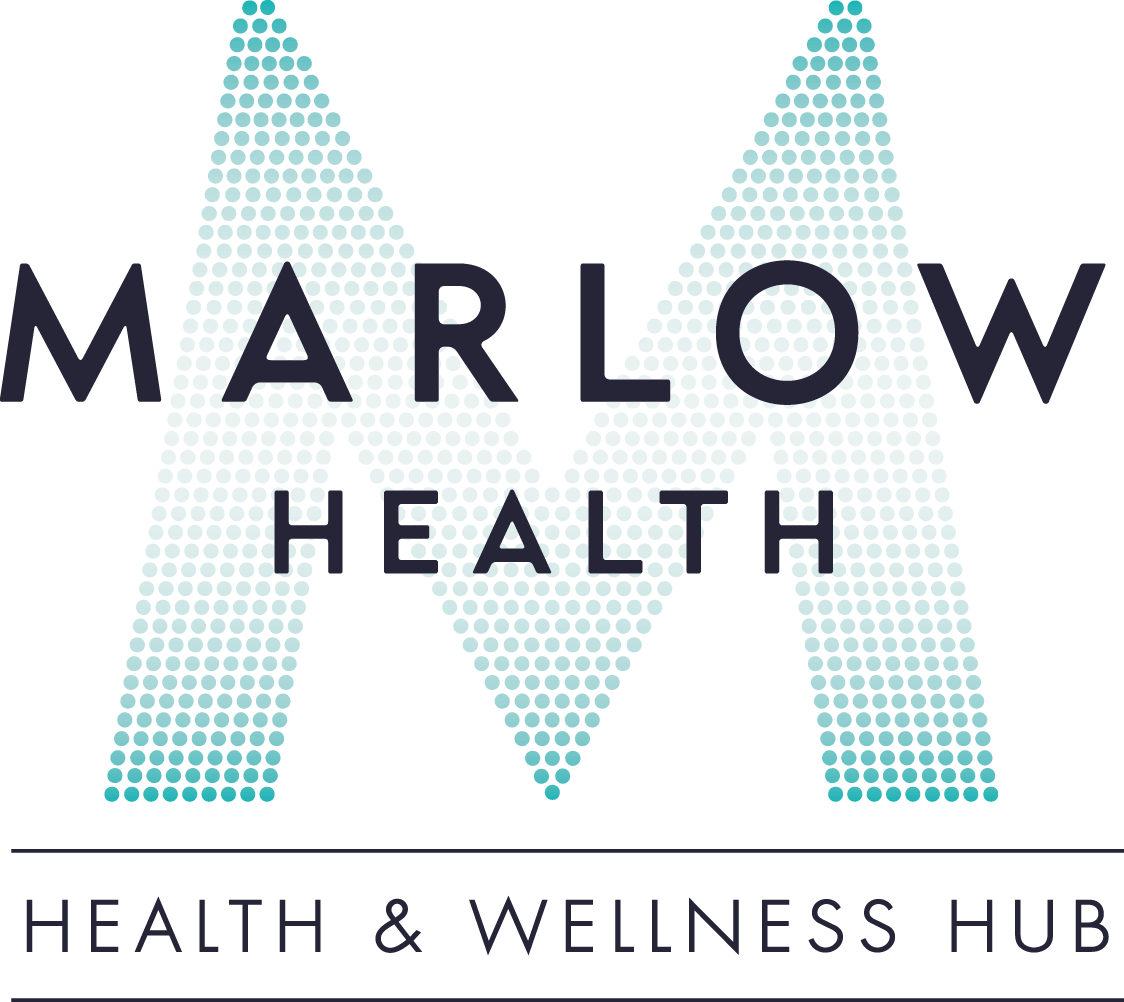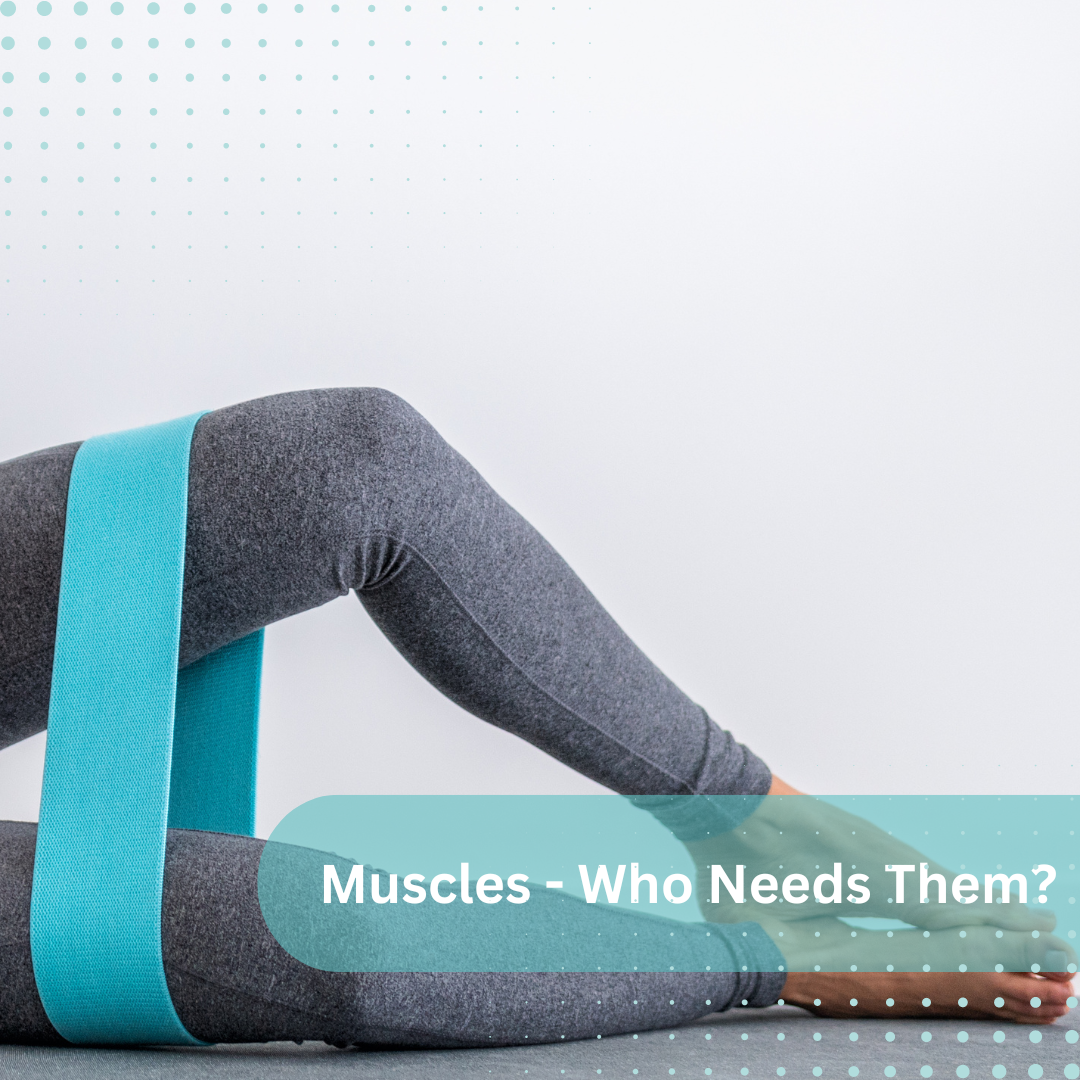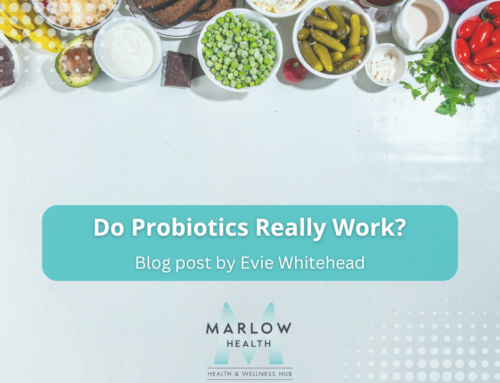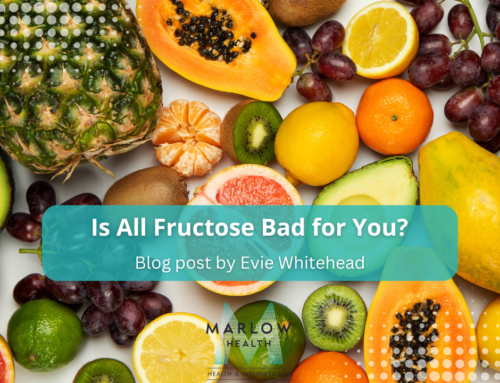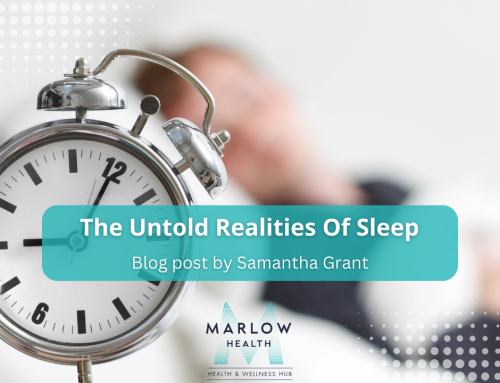Turns out all of us do, especially from age 50 onwards! Our muscle mass is on the decline from age 35 onwards but no matter when we start resistance training, at whatever age, we can slow the decline down, build muscle, get stronger and have an easier journey through life. Muscles are now considered the organ of longevity. Strong muscles are the single most important way to stay healthy and functional throughout your life. Weak muscles are the main cause of the diseases of ageing. The so called diseases of ageing e.g. dementia, obesity, diabetes, high blood pressure, fragile bones, immobility are, in fact, diseases of poor muscle development and strength.
Have I got your attention? There is much to explore here, especially for women. However the fundamental message is that resistance training is essential for a healthy life span, and if like me, you care a lot about how you look, it is essential for that too.
Before we get into the physiology and research, let’s look at the stories women have believed for a long time about building muscles:
“It’s not feminine to have well developed muscles!” I think this fairy tale is changing. It is definitely time to change the narrative on what is considered “feminine”. I see many women in my gym who love their athletic, muscular bodies and the confidence and energy it gives them. Surely time to change this idea that women should be small/thin/take up less space/ always want a lower dress size? Why don’t we take up more space with our strong and athletic bodies? And our ideas and activism too? Also how feminine would it be to be older and hunched over or using a stick because we no longer have the muscles to hold ourselves up? P.S. well- developed muscles are great for your skin keeping it bouncy and full. Time to shift the focus in the gym towards loving our strong muscular bodies and not desperately trying to lose weight and be thin.
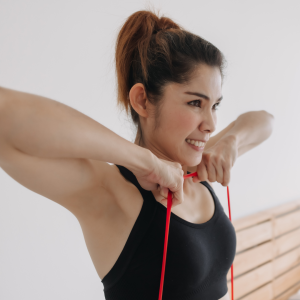
I love my bigger muscular body and welcome every increase I see with consistent weight lifting. I feel very feminine. I want to be active and grow in my new profession of theatre directing, exploring my creativity for many years to come. I want to run around and lift my grand -children up, I want to love my children and be in their lives in an active way and not be a growing burden to them. I want to have loads of energy. I want to look great in sleeveless dresses and tops my whole life! What do you want?
“Women cannot build muscles post-menopause”. This is simply not true. I am 70 and have bigger and stronger muscles now than at any time before. I have been resistance training for 5 years consistently and three years more frequently. Before that I did a lot of yoga (great but does not build a lot of strength, and before that I was a professional contemporary dancer (strong legs, too skinny and weak upper body). I am surrounded by women in their 50’s, 60’s and 70’s who get stronger every year!
“Let’s do cardio to lose weight.” Another myth! Raising your heart rate is important for the health of your cardiovascular system. Losing weight requires calorie deficit and that is another subject altogether. But for health and building muscle, eat a clean diet with good quality protein, lift weights and do some cardio. A good ratio for resistance training and cardio is two resistance sessions to one cardio each week. However having strong lean muscle does burn more calories than weak fatty muscle and also plays an important role in avoiding insulin resistance which is part of obesity, diabetes, dementia etc.
Let’s change our focus from dress sizes and calories and what the scales say, to working towards a healthy, strong body. It is a lifetime process that becomes increasingly important and requires consistency and discipline.
Men, of course, do not have those pressures about being small and skinny but are under pressure to be big and strong to fit the masculine rules society has for them. Resistance training is just as important for men to invest in for all the same reasons. Again a shift in the narrative towards nourishing and creating a healthy body rather than seeking bulk to fit in with society’s perception of what masculine looks like, would be better.
Interestingly my confidence has grown with the increase in my physical strength. This process has and continues to contribute massively to my ability to take other areas of my life out of my comfort zone and develop personally and professionally. As my personal trainer Amy Bartlett says, “the confidence we then gain outside of the gym comes from having to do hard and uncomfortable things in the gym, every week. We teach ourselves that we can do the hard things that we thought we couldn’t. There is nothing more empowering than moving heavy shit!”
Here are the benefits of a muscle centric lifestyle:
- Balanced blood sugar (decreased insulin resistance and increased insulin sensitivity for two days after each training session)
- Increased energy
- Mental clarity – time for you, time to focus on you
- Improved neuroendocrine function via the endocrine like myokines produced every time a muscle contracts. They go into our blood stream and even past the blood brain barrier to assist in keeping our brain healthy.
- Decreased body fat
- Improved body composition
- Reduced cravings ( because of more balance in blood sugar and more protein in diet)
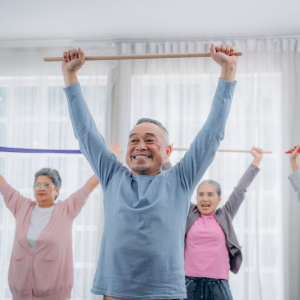
Mental wellness is another huge benefit of resistance training. If you experience mild to moderate depression, or anxiety, resistance training will be more effective than taking anti-depressants. I have PTSD and a history of anxiety and depression but my training keeps me balanced for the most part. The deep proprioceptive feedback from lifting something heavy calms and integrates the central nervous system. There is a great book by a Personal Trainer who has become a specialist in this area “Lifting Heavy Things, healing trauma, one rep at a time.” Loura Khoudari. It has certainly been part of my healing.
Skeletal muscle holds amino acids, fundamentally important nutrients flowing around your body in the absence of food. If you become injured or ill, the body take amino acids from your available muscle tissue to repair itself. Multiple studies show that the healthier your muscles, the greater your survivability when things go wrong. Building muscles protects you in all areas of your health. Strong muscles give us metabolic health, by increasing healthy muscle mass, we can change not only our body’s physical structure but also direct how our body uses food and energy.
Strong lean muscle determines to a great extent our bone density and health. There is a clear correlation between lean body mass and bone density.
Perhaps you can now understand why I have grown to love resistance training. I want not just a long life but a healthy one where I can keep my independence and enjoy my time. I am seeing the light bulb going on in the minds of many people around me now and hope that muscle centric medicine grows rapidly so that as we live longer, we live healthy and happy.
With perspective and wisdom from my awesome personal trainer, Amy Bartlett.
